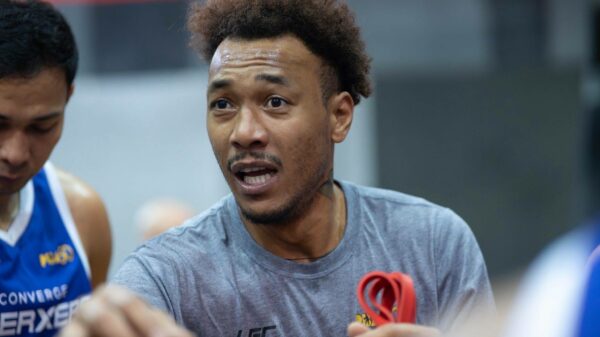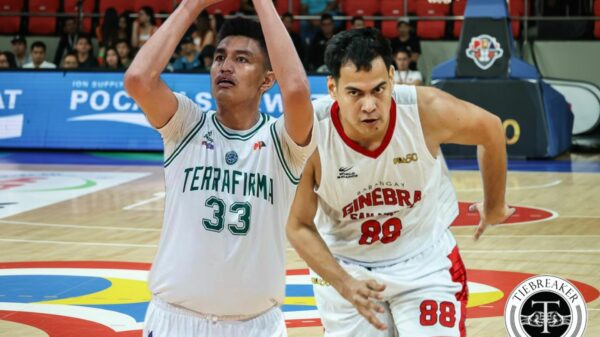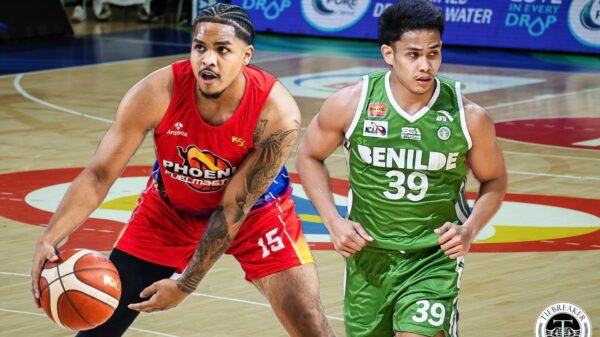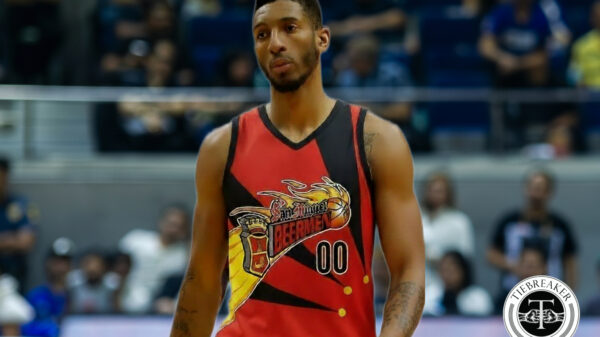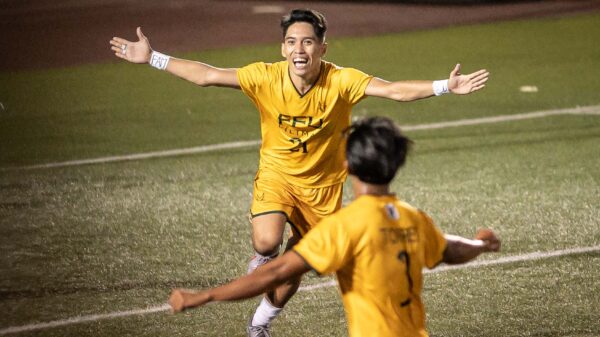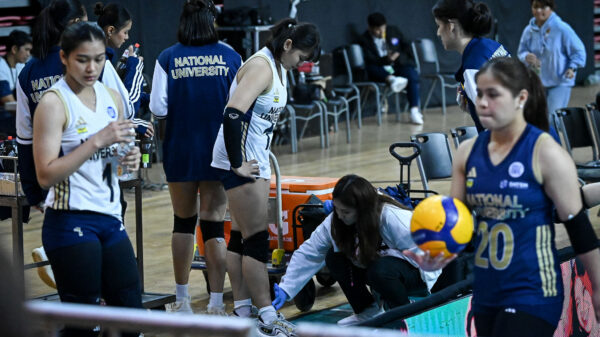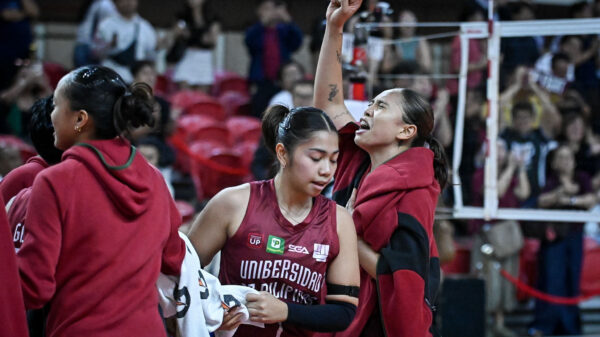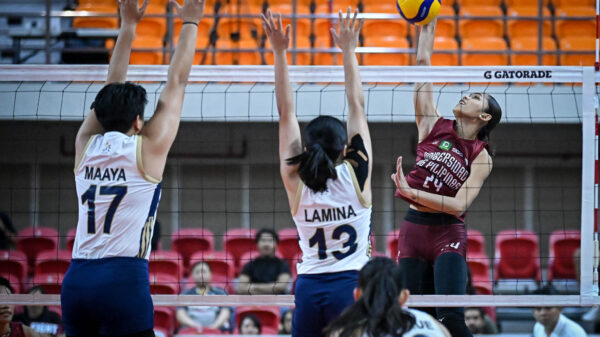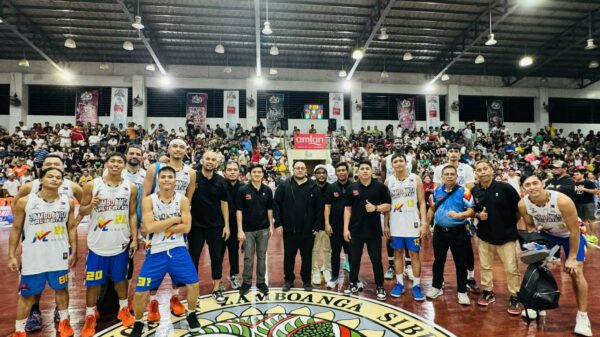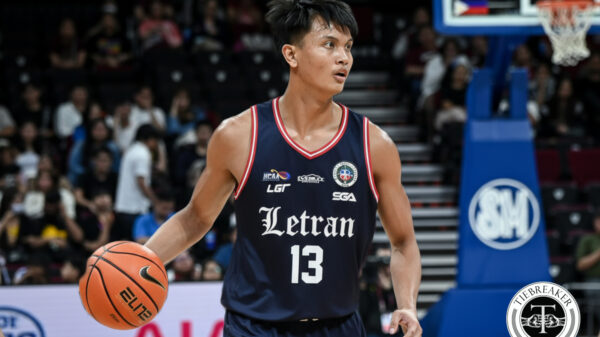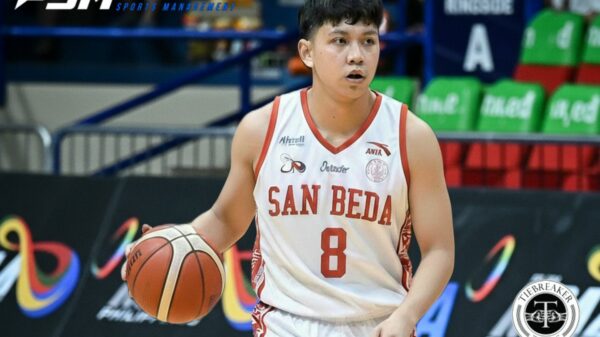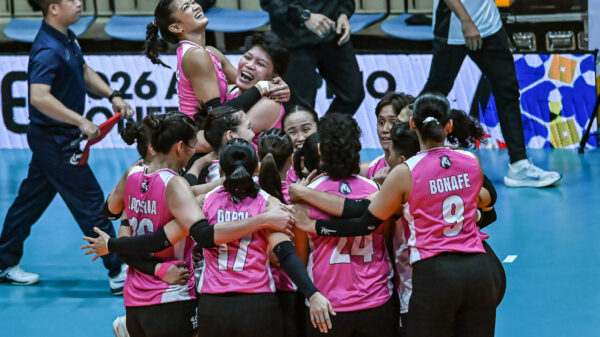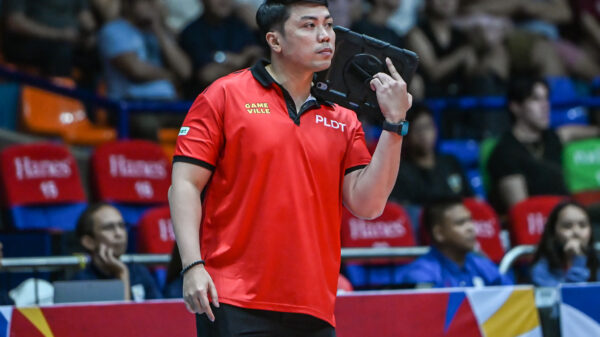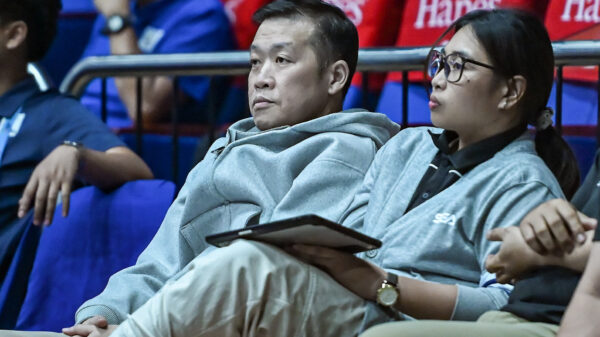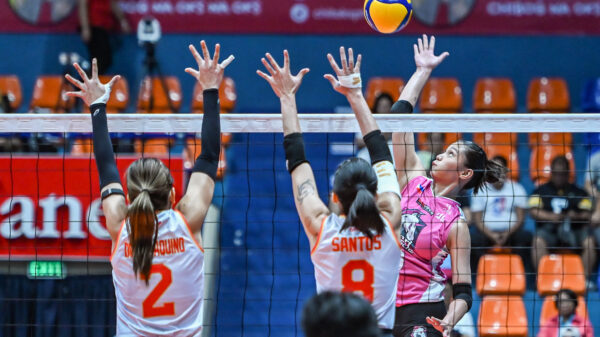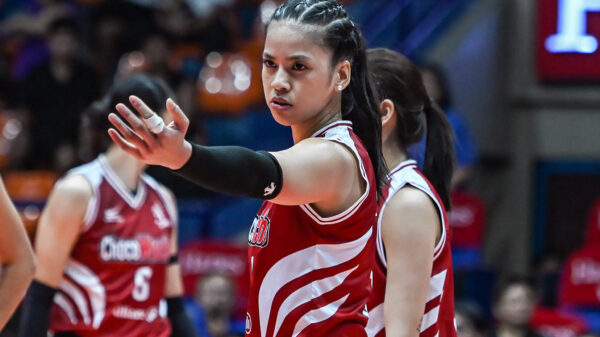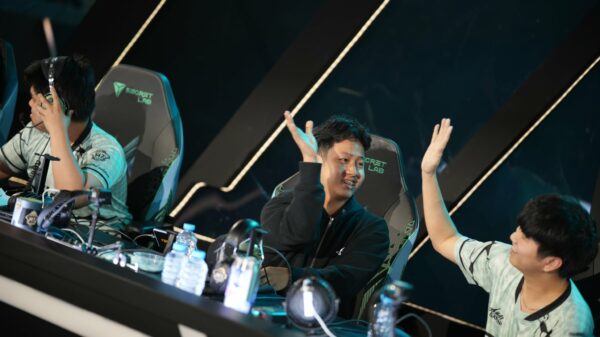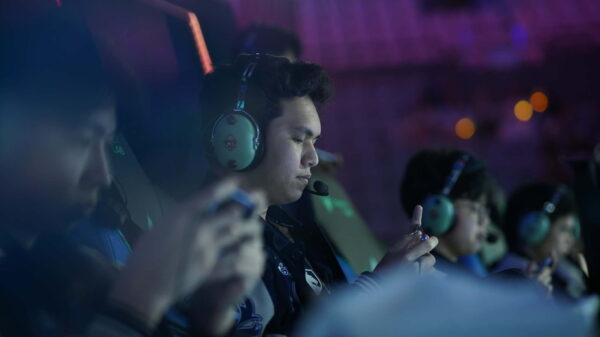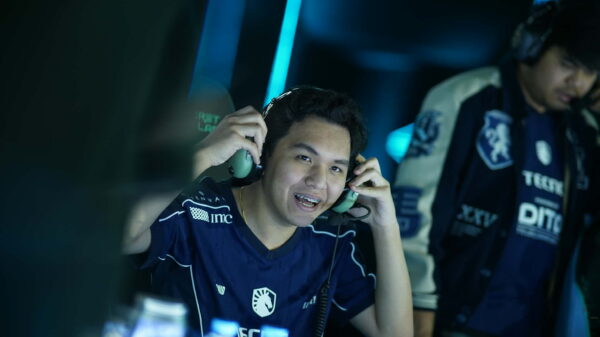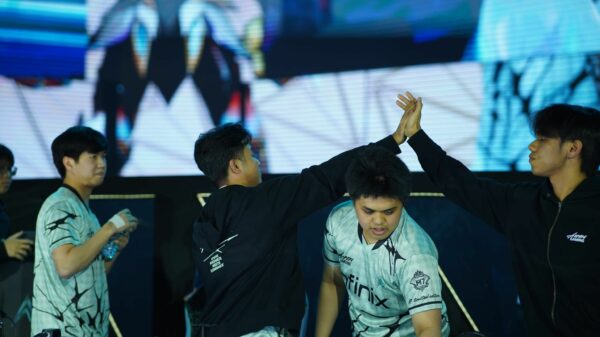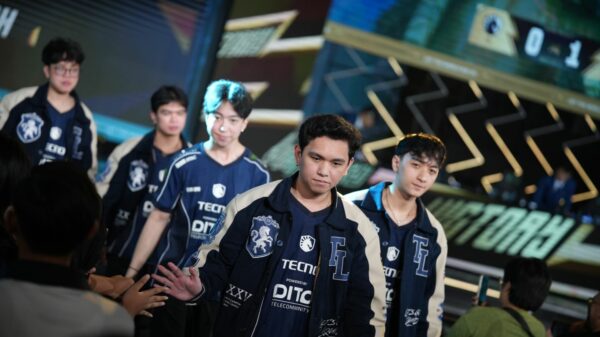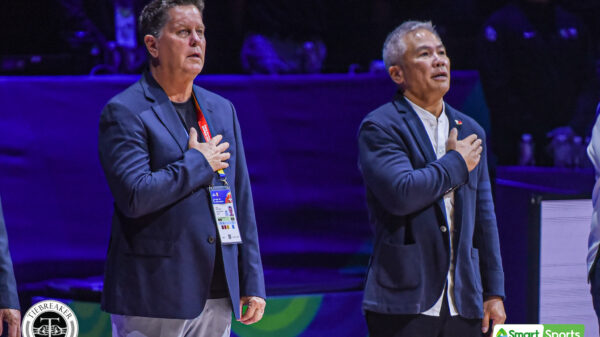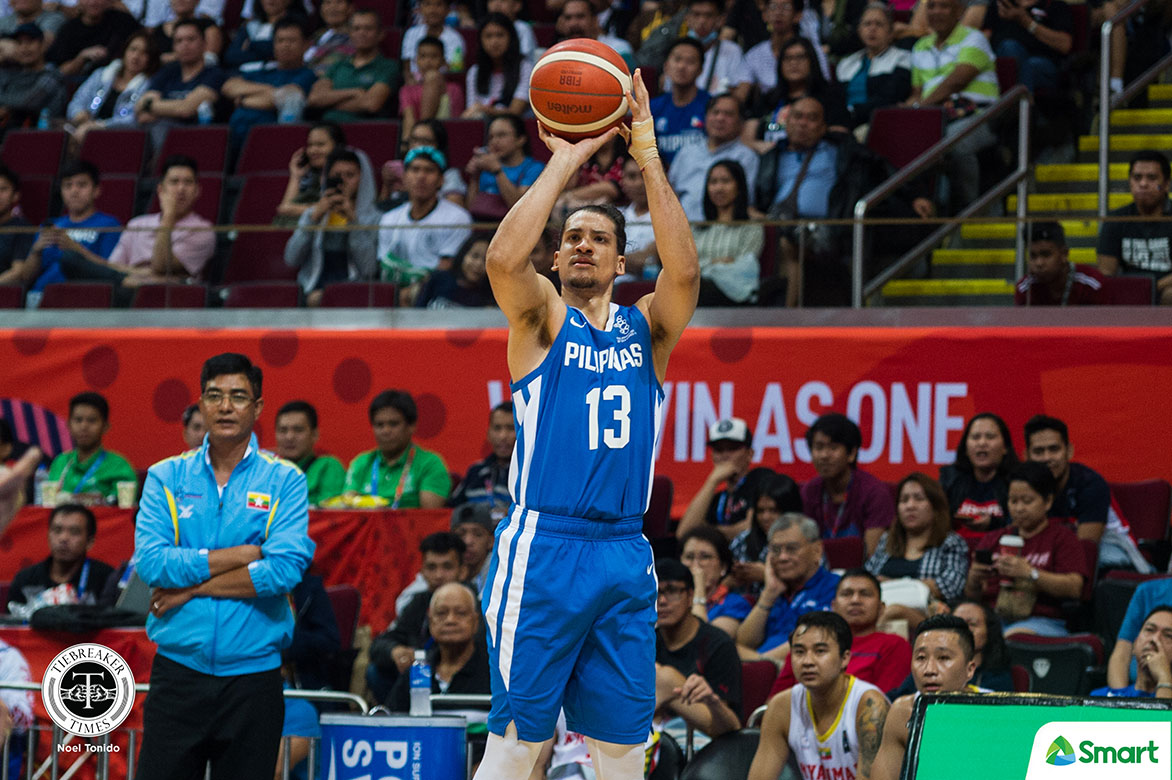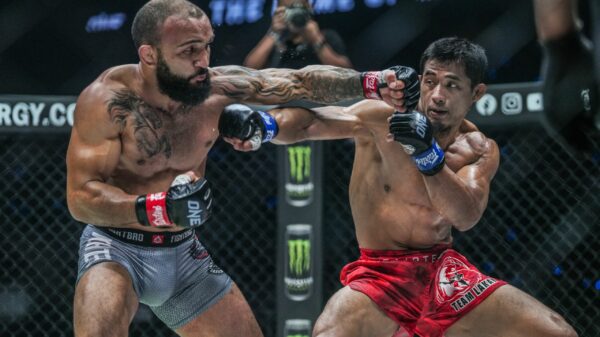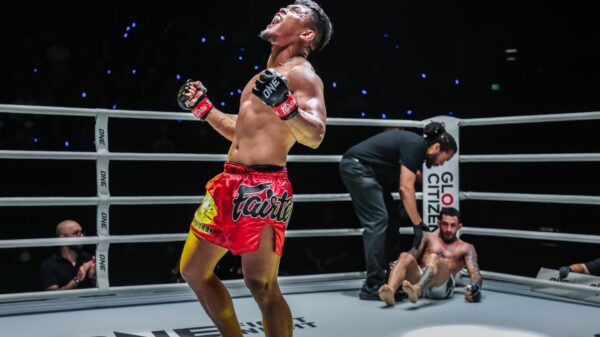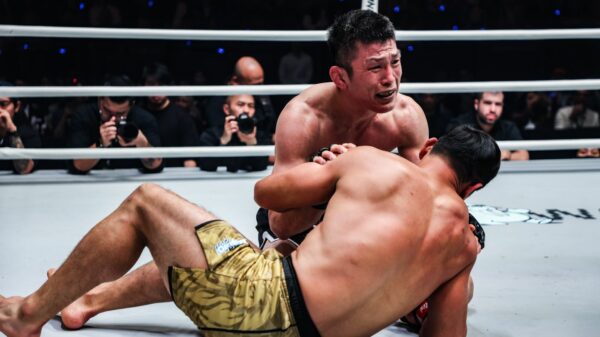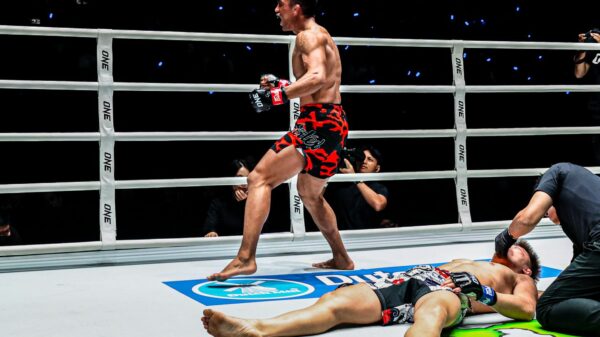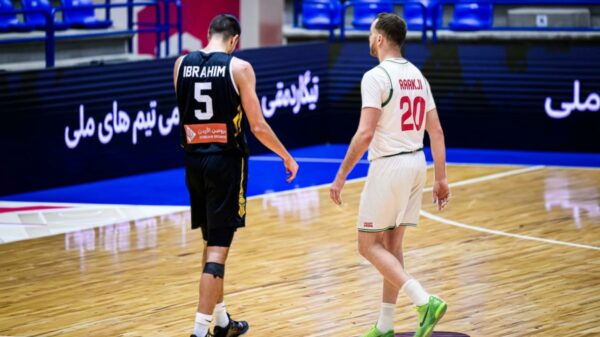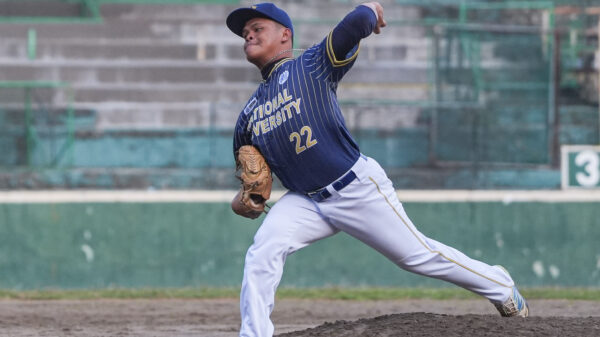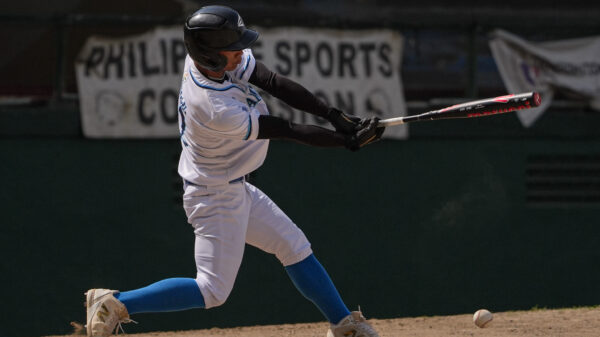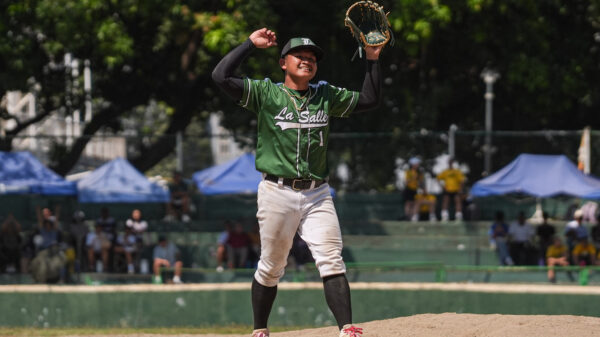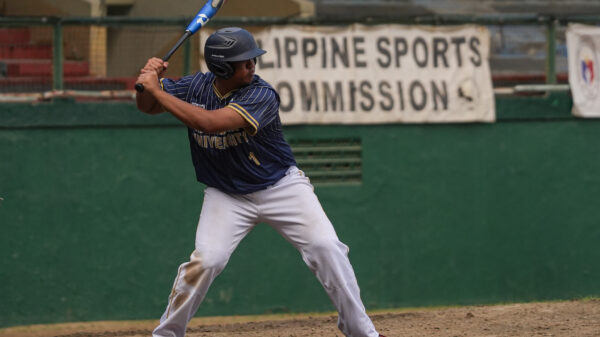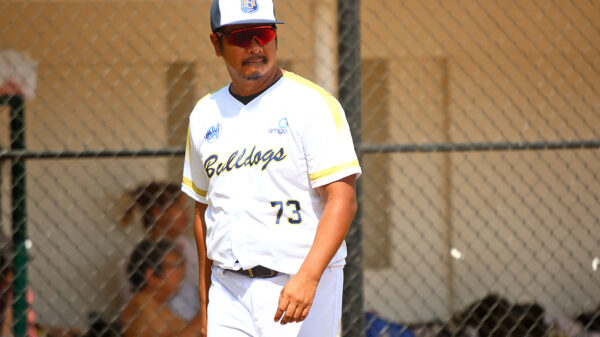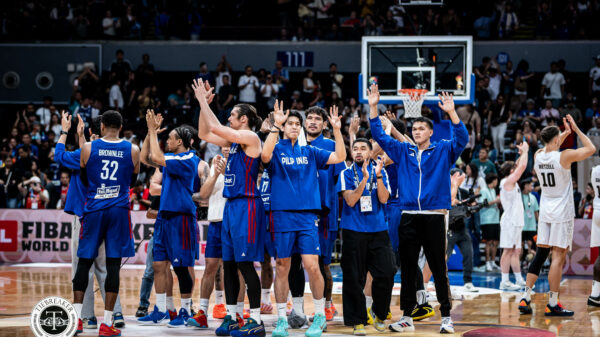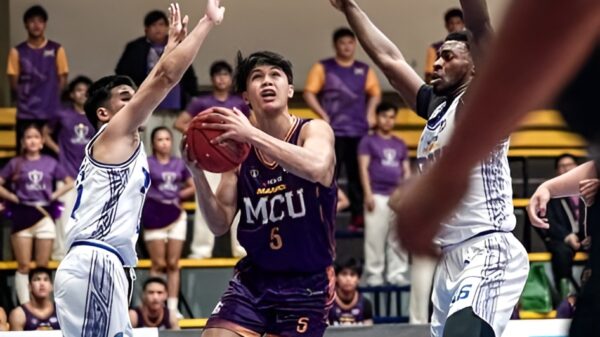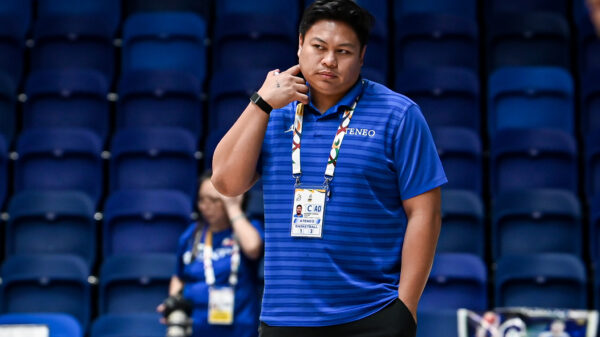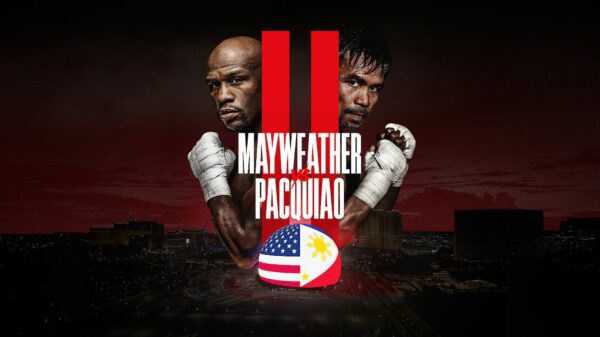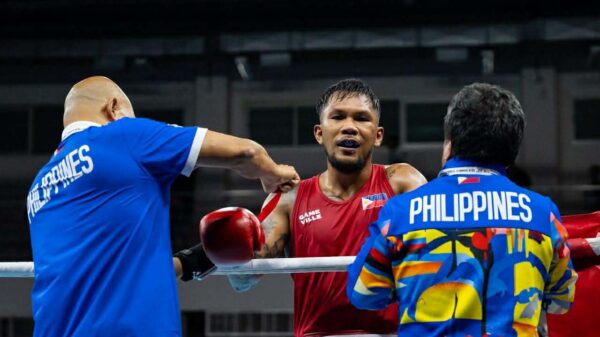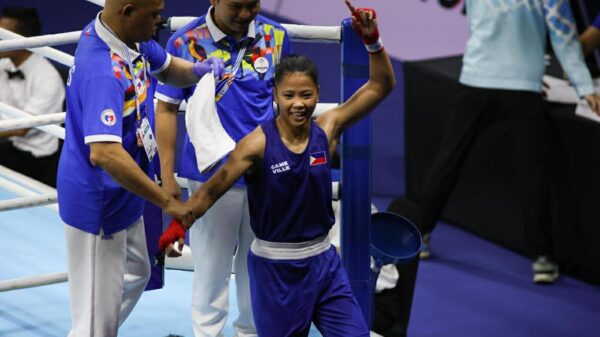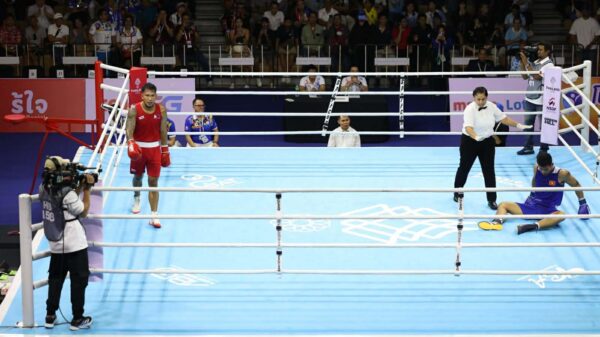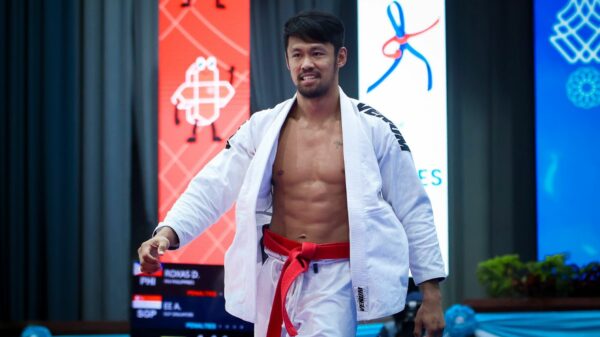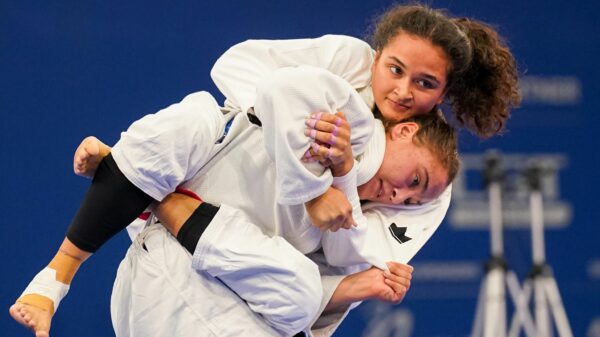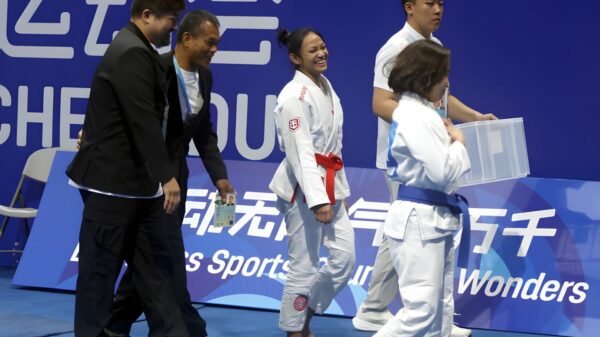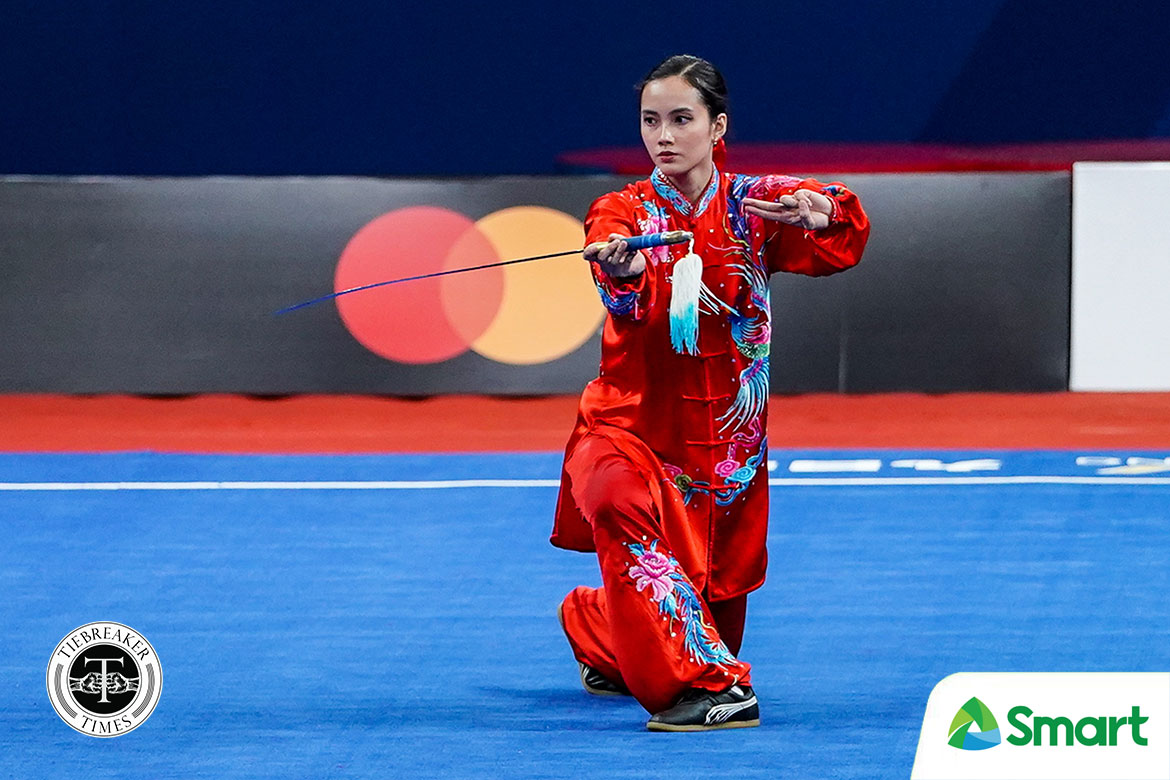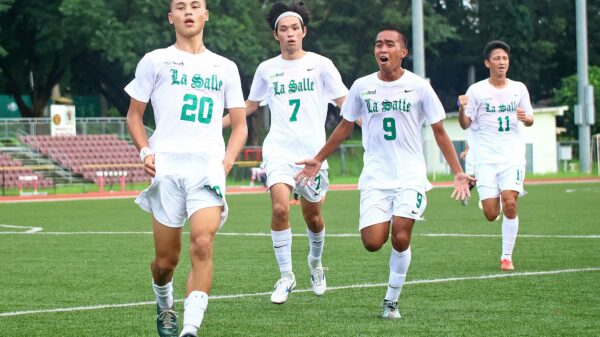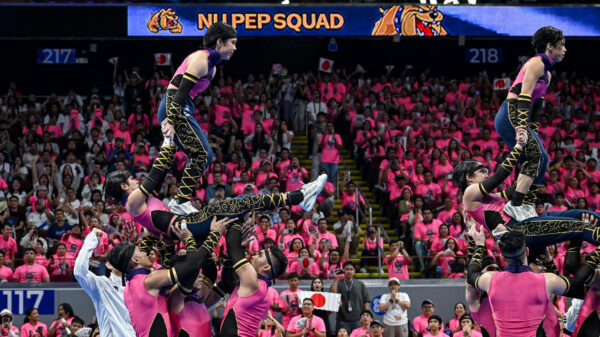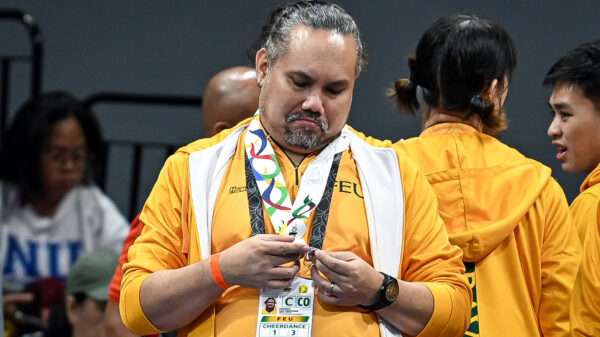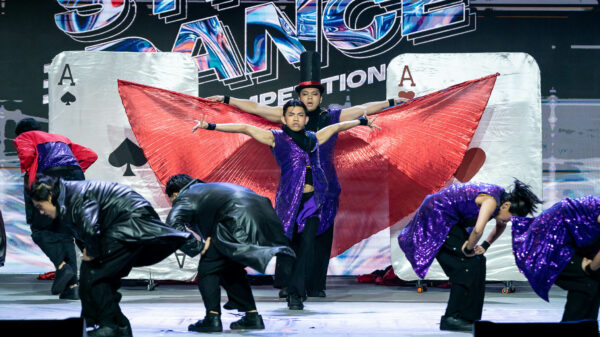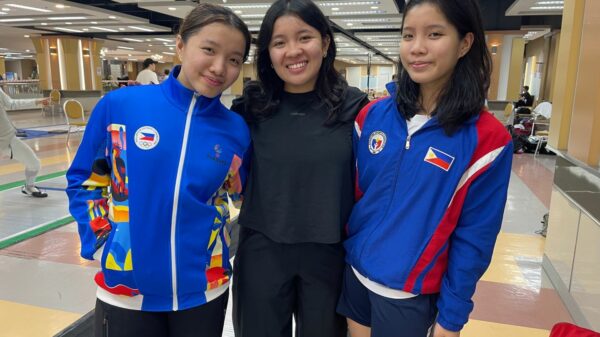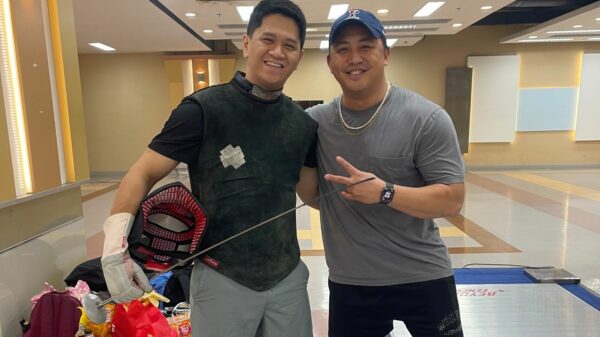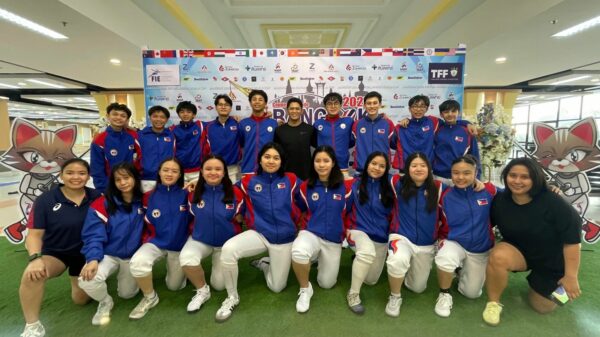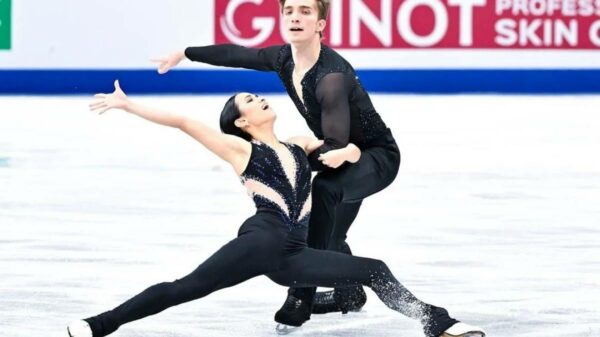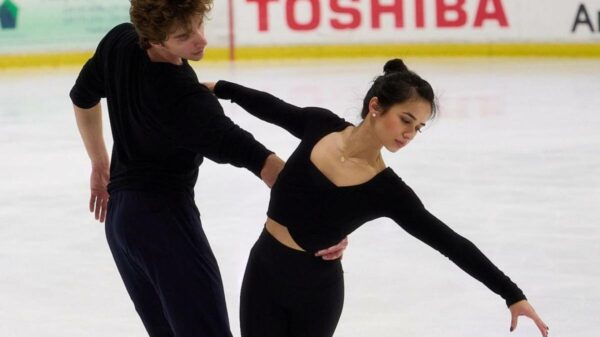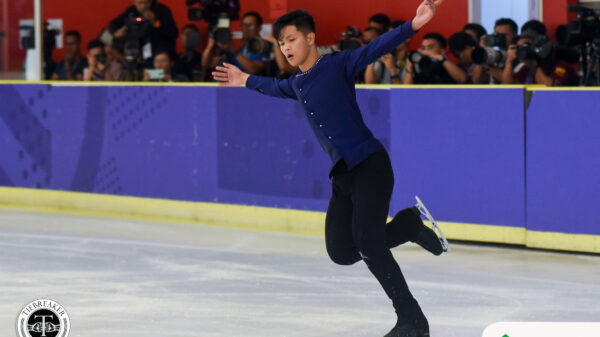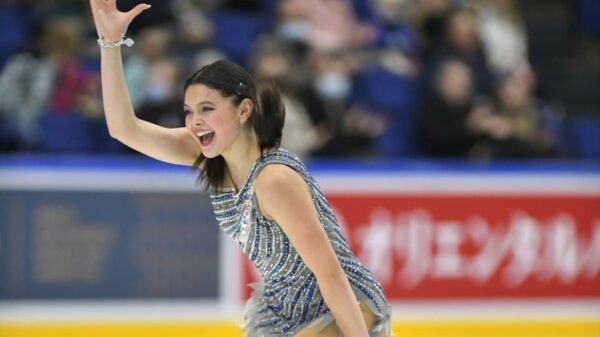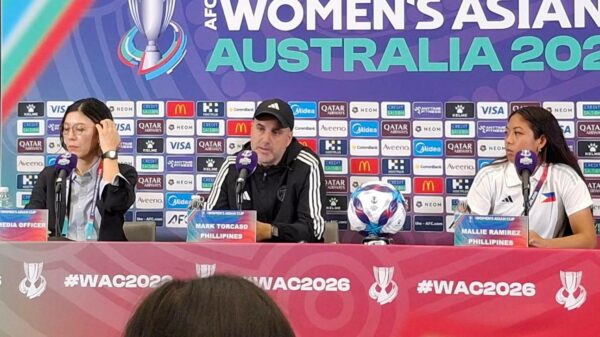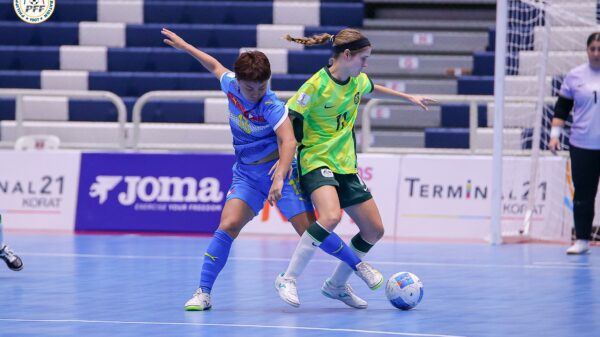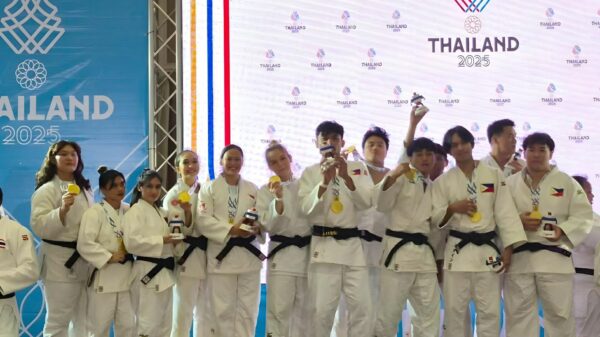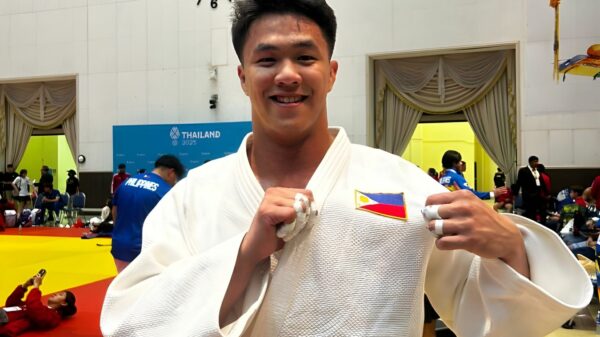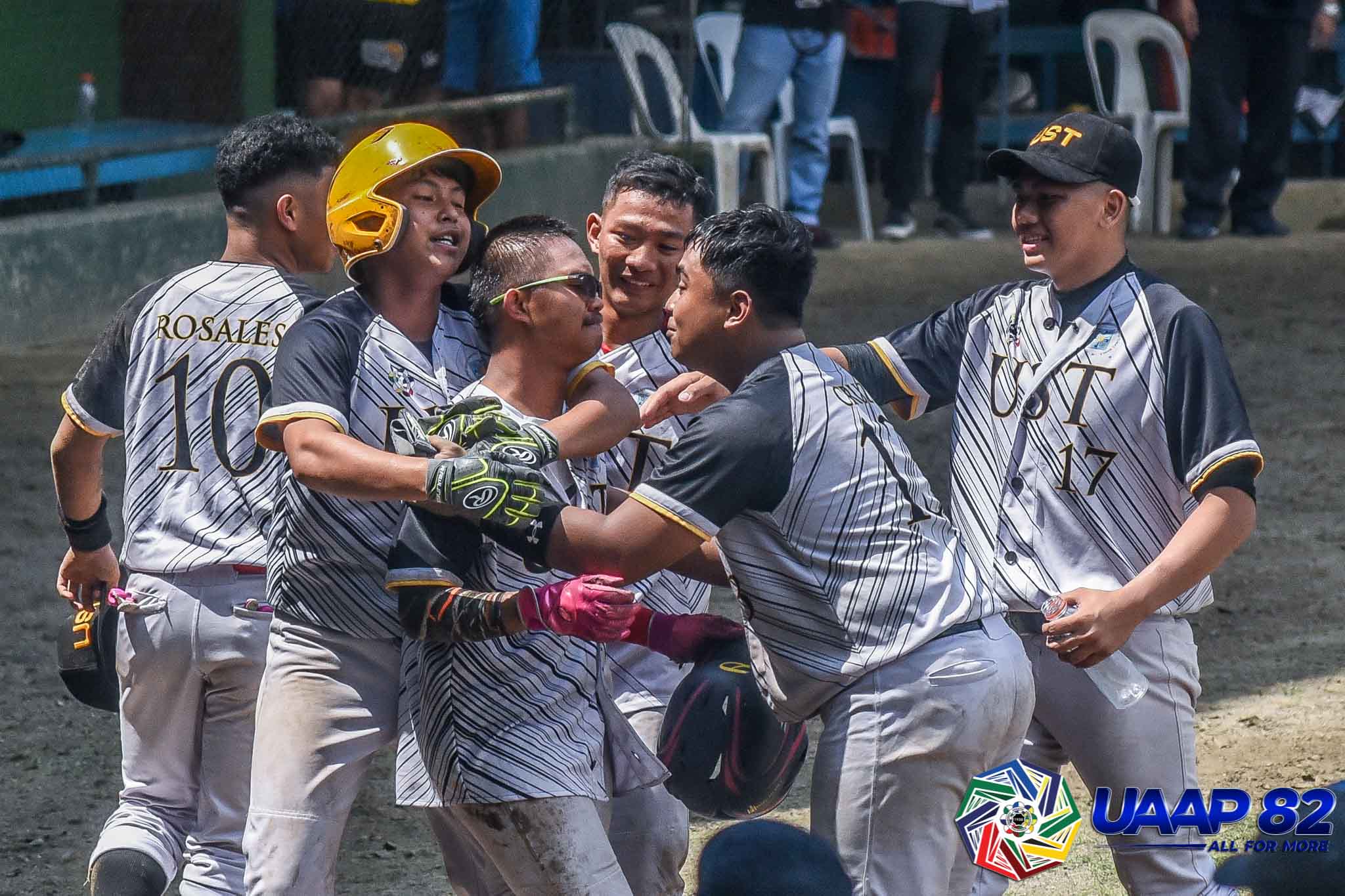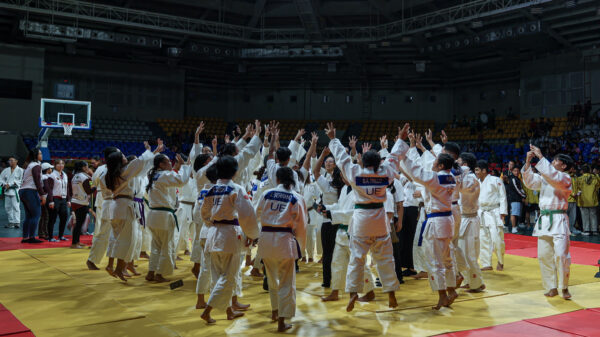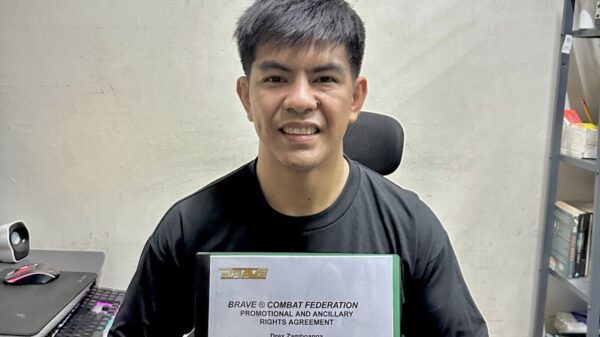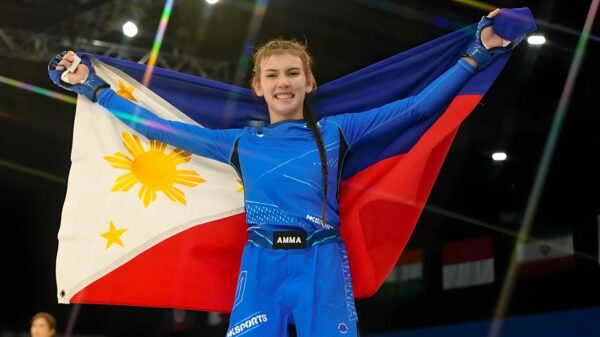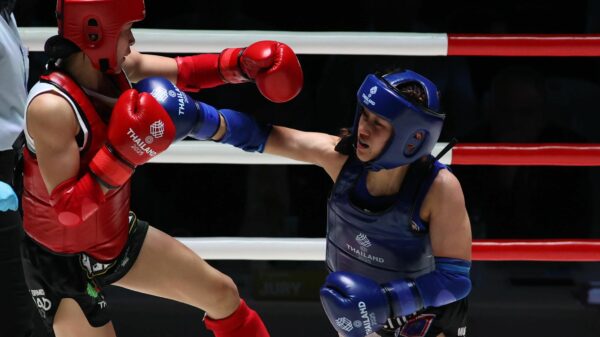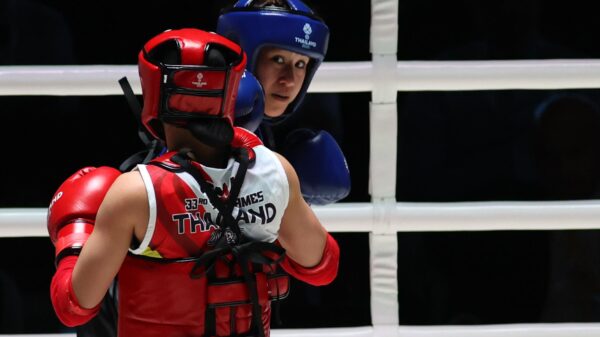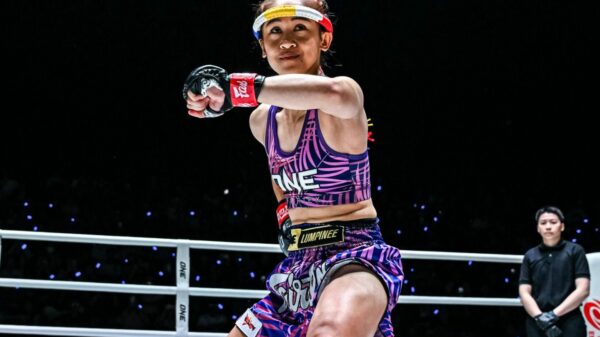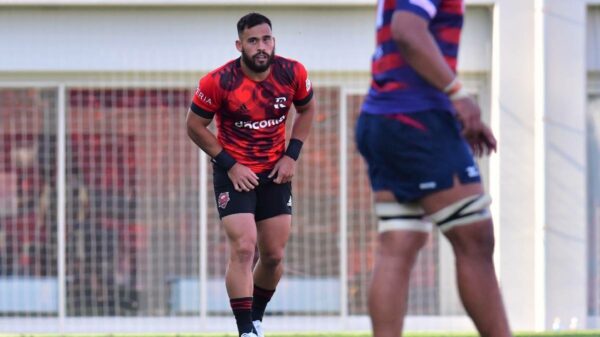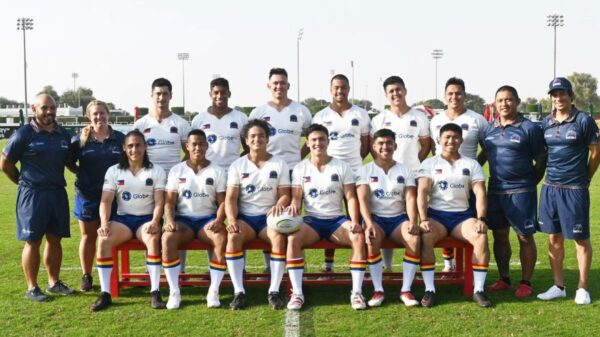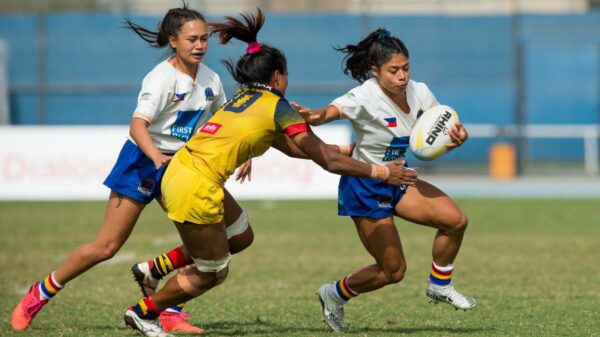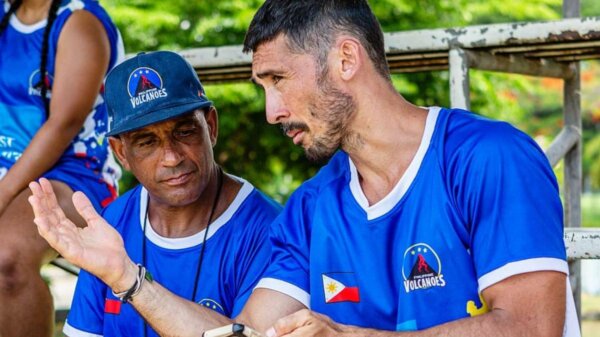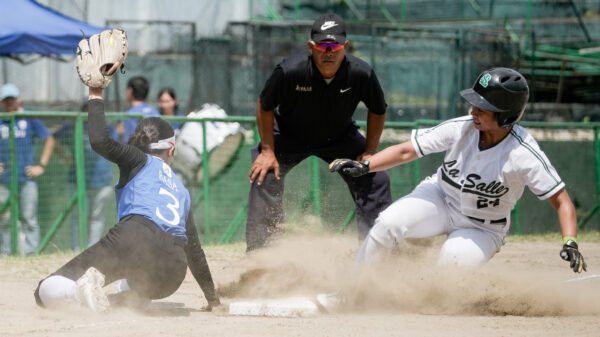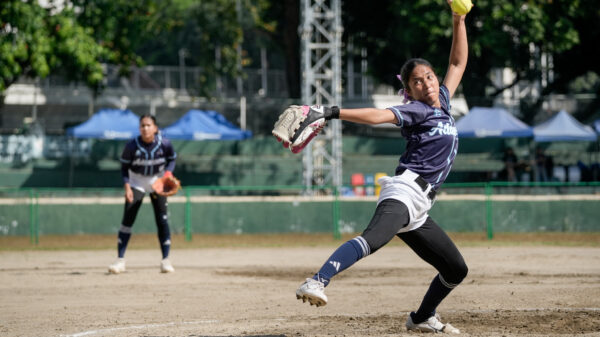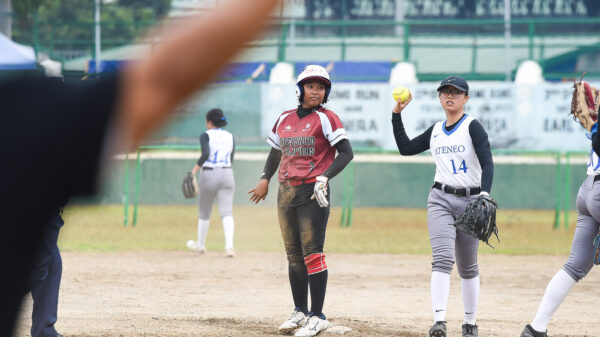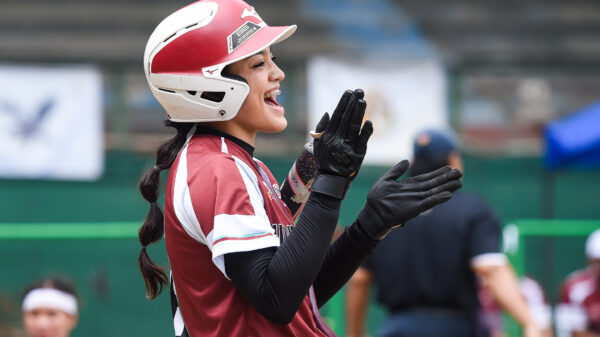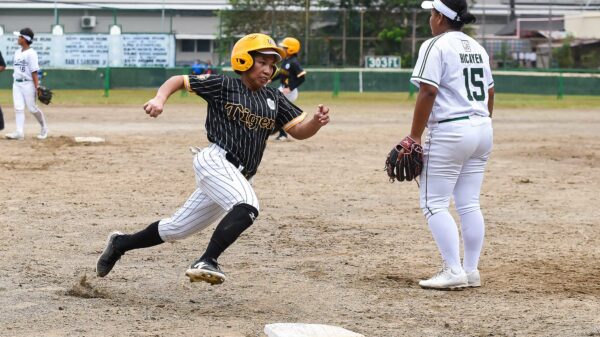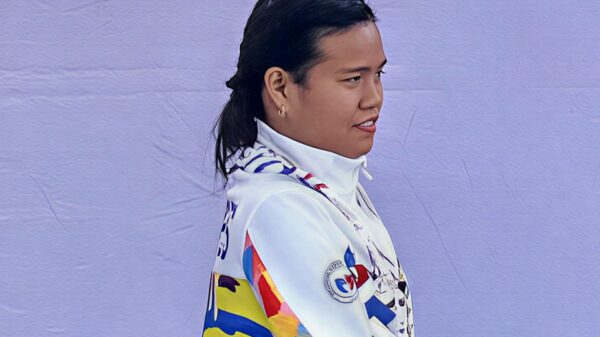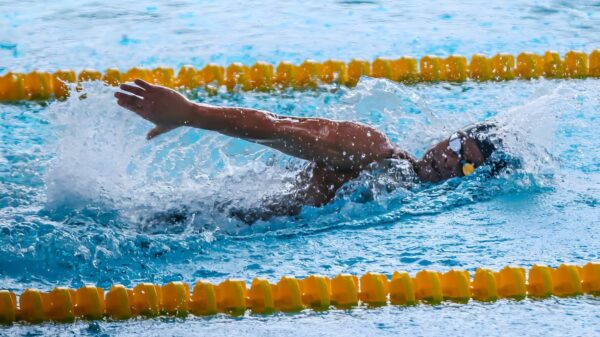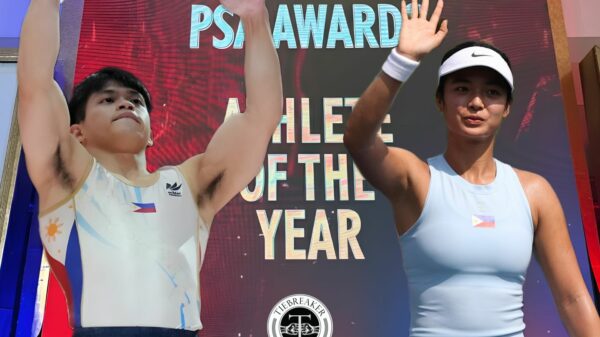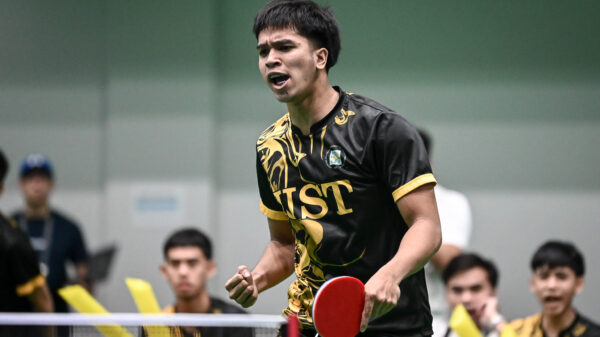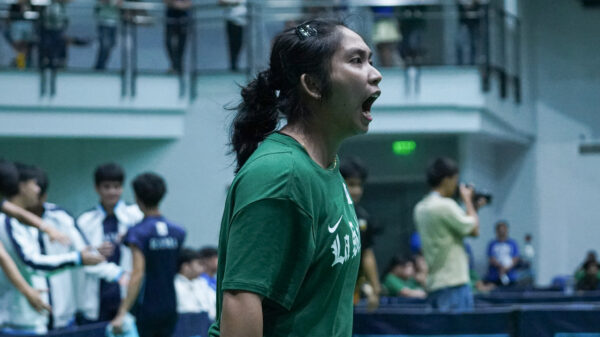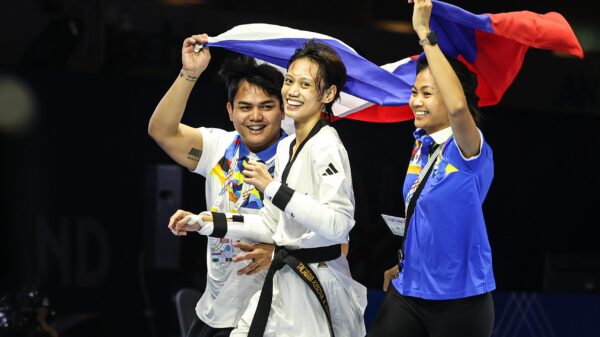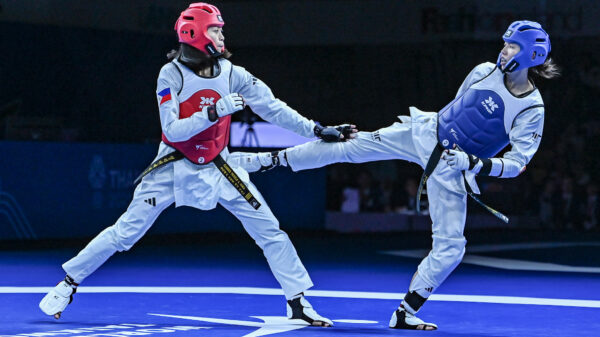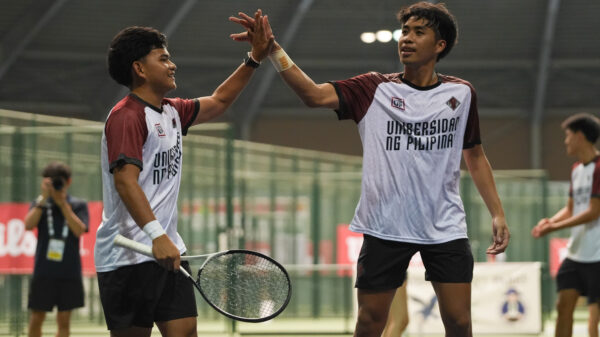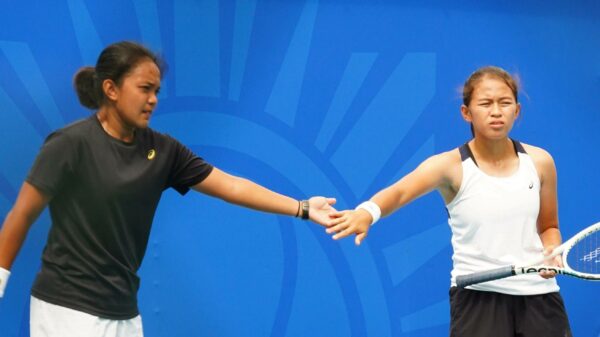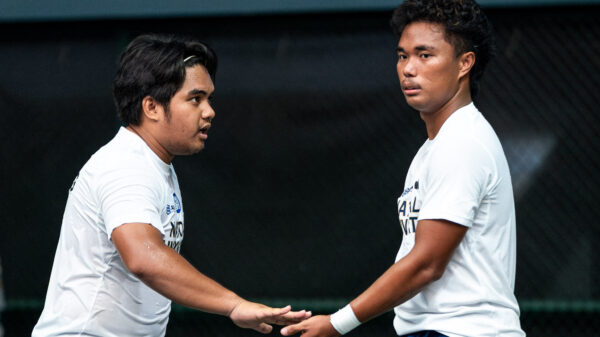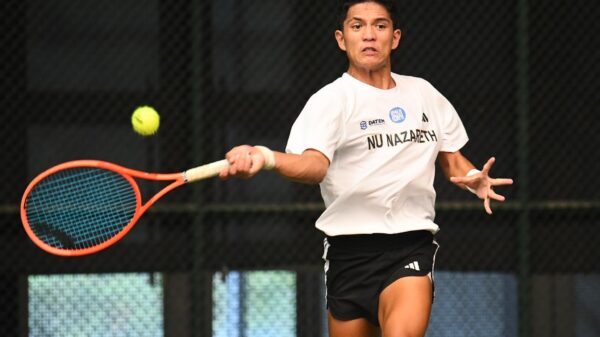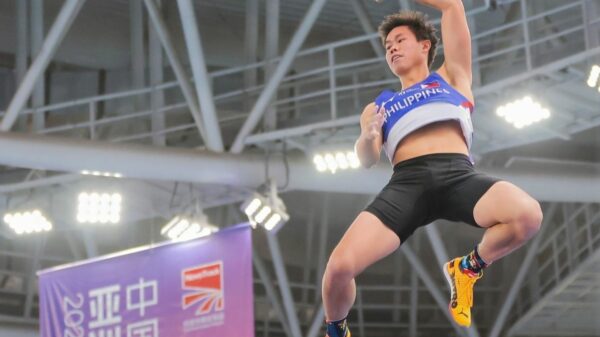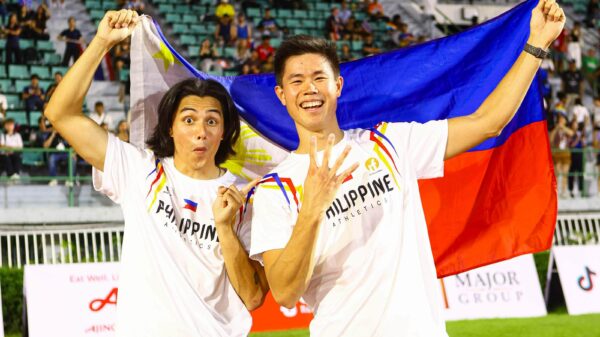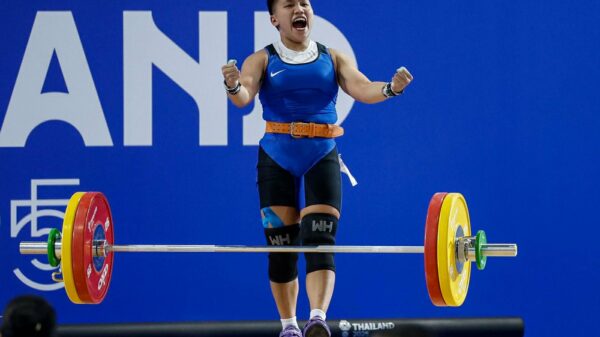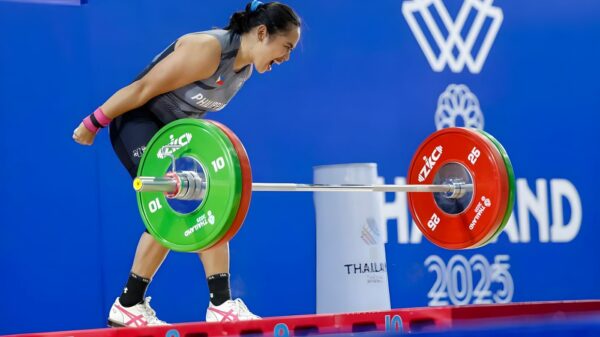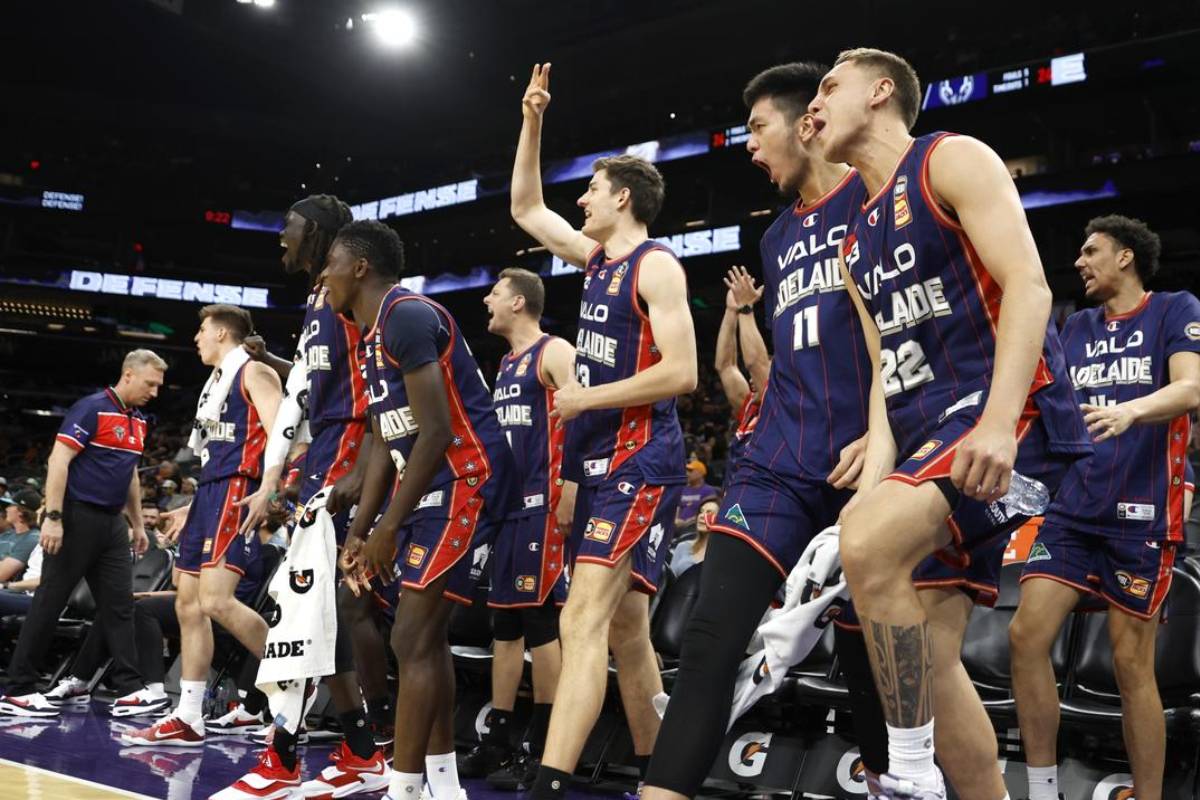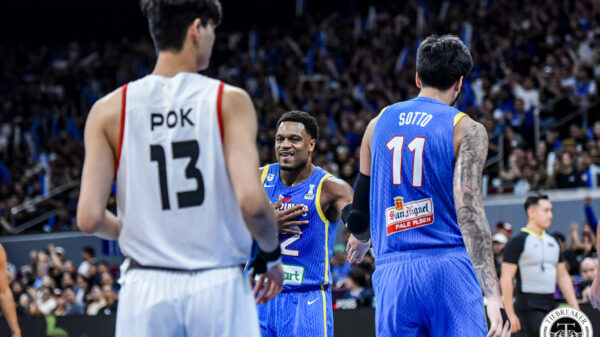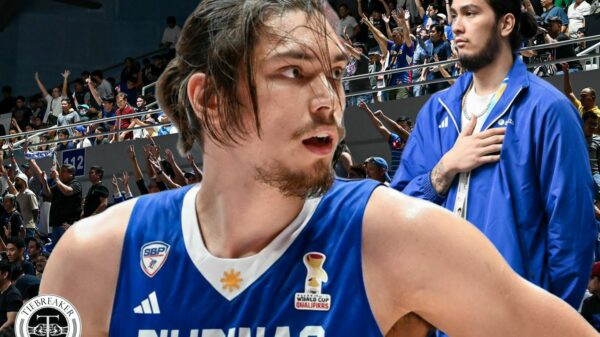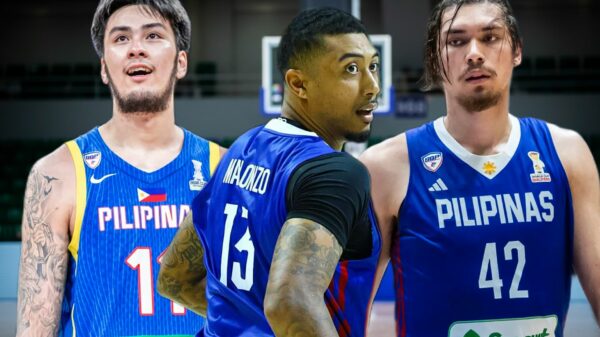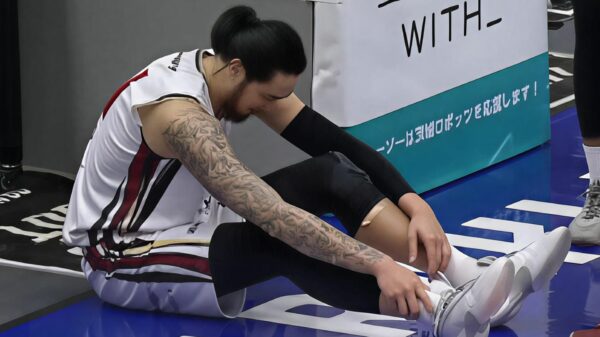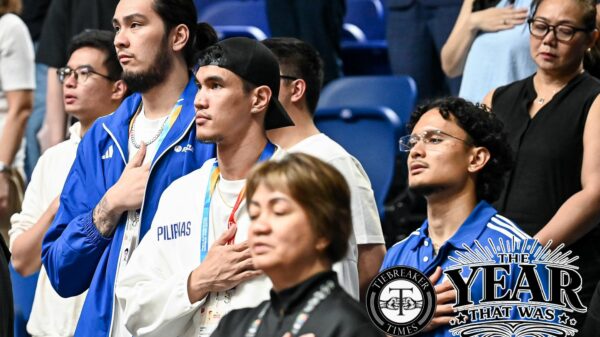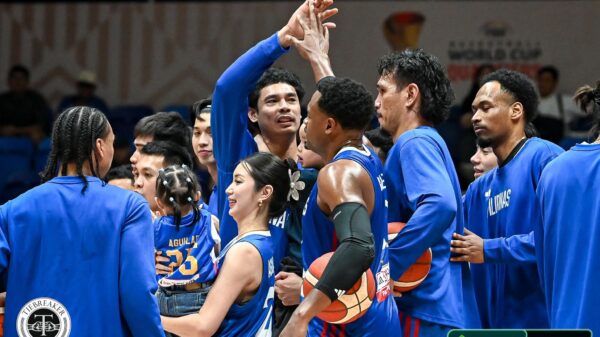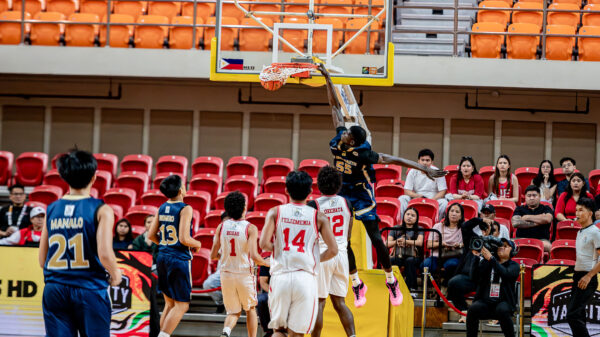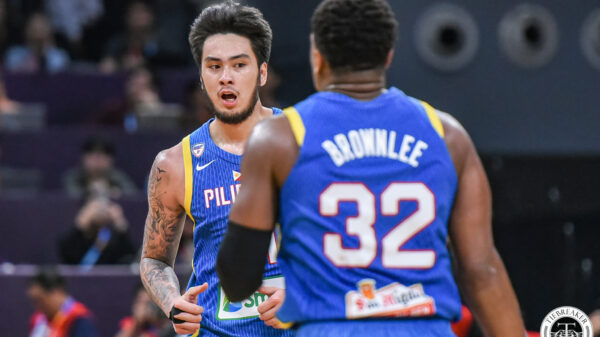After going undrafted in the 2022 NBA Draft, Kai Sotto returned to Adelaide for another go in Australia’s National Basketball League.
As part of their preparation for the season, they played a pair of preseason games with NBA teams, namely the Phoenix Suns and the Oklahoma City Thunder. This was not only the first time Kai Sotto has played against an NBA team, this was the first time any “homegrown” Filipino has played against an NBA team since 1979 when the then-defending champions Washington Bullets played an exhibition game against a team composed of PBA legends such as Ramon Fernandez and Atoy Co.
It was a historic moment for Filipino basketball, but that’s already been talked about multiple times. What the Short Corner wants to talk about is what Kai Sotto showed in those games and where he is right now as a player looking to break into the best league in the world.
What the Numbers Say
The stats are not encouraging. In the two games he played, he averaged 5.5 points, 3.0 rebounds, and 0.5 assists while shooting 33.3-percent from the field and 28.6-percent from inside the arc. The numbers were dragged down by a poor showing in sparse minutes against the Thunder. There he was held scoreless in under nine minutes of action.
This was a stark contrast to the 11 points in just under 18 minutes he had against the Suns. Taking all of the statistics into consideration, Kai Sotto was not the most productive player in those games and I believe that pouring into the game tape will give us a much better idea of where he is relative to what the NBA wants from bigs in 2022.
As a final note on his game-day stats, he had a plus-11 against the Suns which led the team, but this must be approached with caution. Single-game plus/minus data can be very misleading as there are many variables that go along with the number. It doesn’t reflect a player’s true impact because there are nine other players on the floor that determine the point differential when a player is on the floor.
People often cite plus/minus to prove points that may or may not be actually reflective of what happened in the game. It’s important to remember that correlation does not imply causation. Just because a team happened to perform better with someone on the floor, it does not mean that that player is the cause of the better play. This is why dissecting film matters.
Kai’s Offense
Sotto only made two shots inside the arc and both came on dunks created by his teammates for him. In both his dunks, his teammates attracted the defense which left him free for a pair of uncontested dunks. Even though it’s cool as heck that a Filipino kid is out here dunking in an NBA game, this doesn’t move the needle for NBA teams. There are dozens of 6’10 or taller bigs that are capable of finishing open dunks emphatically. There needs to be more.
We saw Sotto’s booming triple against the Suns and that harkens back to the early belief that Sotto could have been a stretch big.
Despite early signs of shooting potential dating from his Batang Gilas days, Sotto has yet to become a viable shooter. In his NBL and Gilas Men stints, Sotto has yet to make more than one triple in a game. The encouraging thing about Sotto’s shot is that it appears to have improved since we last saw him as he seemed to have lowered his set point on his shot which, in theory, should allow for greater control and precision.
However, theoretical jump shooting from bigs isn’t exactly all the rage in the NBA.
Teams want to see tangible results even from prospects. He only made one of his four jumpers in the two preseason games and he hasn’t been a consistent shooter in his other games against grown men. He was 5-of-13 (38.5 percent) in his NBL games, but 0.7 three-point attempts per game is not anywhere near the volume required to get a good read on how accurate his jumper is. In 38 games against senior teams (NBL and FIBA), Sotto has only made 17 of his 61 jump shots for a poor 27.8 percent.
Other than the lone triple and the dunks, Sotto didn’t show much on offense.
He only made two of his seven attempts inside the arc (28.6 percent). He has had difficulty scoring inside on non-dunks and this makes it hard to imagine a niche for him offensively in the NBA. He doesn’t seem to have the best touch in the world from up close. In the same 38-game sample, he has shot 71-of-167 (42.5 percent) on shots from two that aren’t dunks. That number falls when he’s tasked to post up. With Adelaide and Gilas, he’s 10-of-30 (33.3 percent) when asked to post up.
With TSF and Batang Gilas, Sotto became known as a great passing big man who could potentially be a playmaking hub in the high or low post. We saw a flash of this against the Suns when he made a beautiful handoff pass. However, given his difficulty in scoring, it’s hard for a team to commit to playing through him. A passer who isn’t a threat to score doesn’t bend defenses too much. He also had a nice play where a defender bit on an up fake, but the pass to the open man was a bit misplaced. Roughly 16% of his possessions with the 36ers ended in a turnover last season. There’s a lot of room for improvement.
Other than open dunks, Sotto didn’t exactly showcase good offense. He lacks NBA-level touch around the basket and touch on his jumpers. He’s not an elite roll threat despite the height and mobility and he’s not the post scorer he was at the youth levels against grown men. To be in the NBA, a prospect needs to have one surefire translatable NBA level skill. Looking at the most recent draft, Jalen Duren and Mark Williams project as NBA-level rollers from the jump and Chet Holmgren is an NBA-level play finisher from two and three. Sotto is a versatile offensive talent, but lacks a clear offensive skill that’s sure to be effective at the NBA level.
Kai’s Defense
For brevity, I’ll only talk about his defense in the pick-and-roll. Pick-and-roll defense is make or break for big men. Unless you’re an overwhelming offensive talent, you NEED to be a competent defender in the pick-and-roll. Why? Because NBA half-court offenses are centered around it. Offenses have the luxury of being allowed to screen and obstructing defenders. From this luxury, teams derive the biggest chunk of their scoring.
As per Synergy Sports, the average NBA team derives 35.7 possessions per game from pick and rolls. This means that roughly a third of all its possessions end with a shot or a foul created from a pick and roll or a turnover from one. This also only counts pick and rolls that led to a scoring chance or a turnover. This means pick and rolls that ended up fizzling out aren’t incorporated in the number. This number understates how often teams run the pick and roll and yet it’s still by far the most common action in the NBA. Given its league-wide popularity, defending it is a priority. Bigs are often tasked as screeners and thus, they are likewise tasked to defend screening actions regularly. It’s a necessity to be able to guard the pick and roll and be able to carry out the defensive coverages needed to do so.
Sotto had some solid flashes in his short stint against NBA teams. On occasions, he hedged well enough to force the Suns’ ball handlers to pick the ball up and give it up to another teammate. He also displayed active hands capable of poking the ball loose after errant passes.
However, what we saw was mostly bad. We saw Sotto playing two types of pick-and-roll coverages. First, let’s discuss how he did when hedging. A hedge is a coverage where the big comes up to the level of the screen and tags or bumps the ball handler as his teammate recovers from the screen. The hedging big needs to have active hands to dissuade passes and quick feet to prevent drives. The goal is to prevent pull-up jumpers, pocket passes for layups, and to force the ball handler to pass out or pick the ball up.
While hedging, Sotto often failed to stop the ball or put pressure on the ball handler for even just a few seconds. In the first clip, he tags Paul but fails to shut down the passing lane which resulted in Ayton getting the ball and finishing. Although, it must be said that Sotto was not the only person to blame as the roller wasn’t tagged early by a help defender. In the next clip, he didn’t stop dribble penetration by Landry Shamet nor did he afford his teammate any time to recover from the screen. The point of the hedge is to obstruct the ball handler, something he didn’t really do. He couldn’t slide his feet fast enough to hamper a drive and in the NBA, slow feet don’t eat.
We also saw a lot of him in drop coverage. Drop coverage is a conservative defensive coverage that’s more fit for slower bigs and defensive anchors. In drop, the big doesn’t move to the level of the screen. Instead, he drops back and shadows the ball handler and contains his drive. His responsibility is to prevent a shot at the rim, defend floaters, and shut down interior passing lanes. To succeed as a drop defender, bigs need to have active hands to defend passing lanes, quick leaping mechanics to defend floaters and layups, and quick enough feet to prevent drives from getting to the rim. There’s a particular difficulty with the drop because the big has to contain the ball handler and stay connected with his own man to prevent lobs and drop passes.
In the first clip, Sotto is in drop and should be shading Devin Booker as he drives. Instead, he returns to Ayton and gives Booker the driving lane for the dunk. In the second, Chris Paul brings out the cut dribble and Sotto thinks a pass was coming, but it never did. To be fair, it is freaking Chris Paul though. In the third, he prioritizes Jock Landale despite help being nearby and gives Payne the lane to finish inside. In the fourth, he was in no man’s land as he failed to cover both Payne and Landale. In the last clip, Sotto fails to shift his body as Eugene Omuruyi and can’t jump straight up quick enough leading to a foul. This is especially troubling as his slow leaping has led to foul trouble in the NBL as well. There, he averaged 2.7 fouls per game during 15.2 minutes of action. This comes up to 6.4 fouls per 36 minutes. Only seven players in the NBA averaged more than 5.0 fouls per 36 minutes. The foul trouble in a weaker league is an additional cause for concern regarding his defense.
Kai’s Overall Level of Play
All things considered, Kai Sotto isn’t quite up to NBA standards (yet).
His offense lacks an identity or a singular skill that seems to be a prerequisite in the modern NBA. His defense has a lot of polishing to do both in terms of technique and his body’s capacity to move.
People need to understand that the level of play in the best league in the world is incredibly high. To be an NBA player, he has to go under the microscope and be scrutinized to a much closer degree than your average basketball player.
Simply, Sotto is held to a much higher standard than every Filipino basketball player that has ever existed because his potential exceeds that of everyone else. To be even considered an NBA prospect is reserved for only the best of the best.
Still, he’s quite young at only 20 years old and it’s not unheard of for foreign players to reach the NBA at later stages in his career. He might not have shown that he’s already at the NBA level, but that does not mean he won’t be able to reach his dreams.
Even if we assume hypothetically that Sotto never reaches the heights of the best basketball league in the world, he still deserves to be celebrated. He is a singular and generational talent in Filipino basketball and is still on track to be the best homegrown talent that the country has ever produced.
NBA or not, he’s a big deal. He’s made a ton of strides in his game and he’s not done growing or developing. He may never reach the lofty heights and the burdens imposed on him by the hype machine, but that’s on the public for putting unreasonable expectations on a talented kid from Las Pinas city.
Sotto’s reached heights no one else has and his story has only just begun.
.

